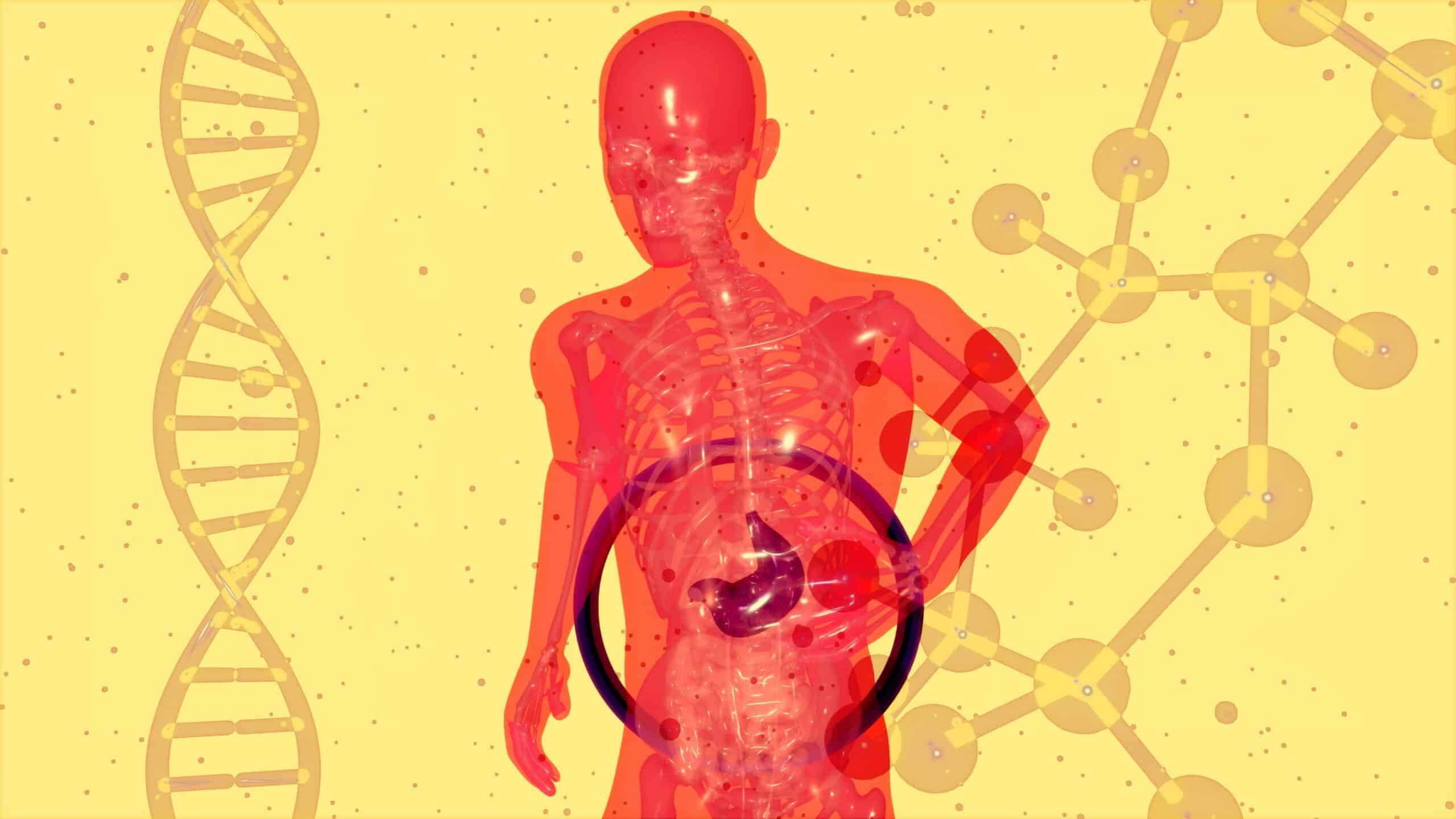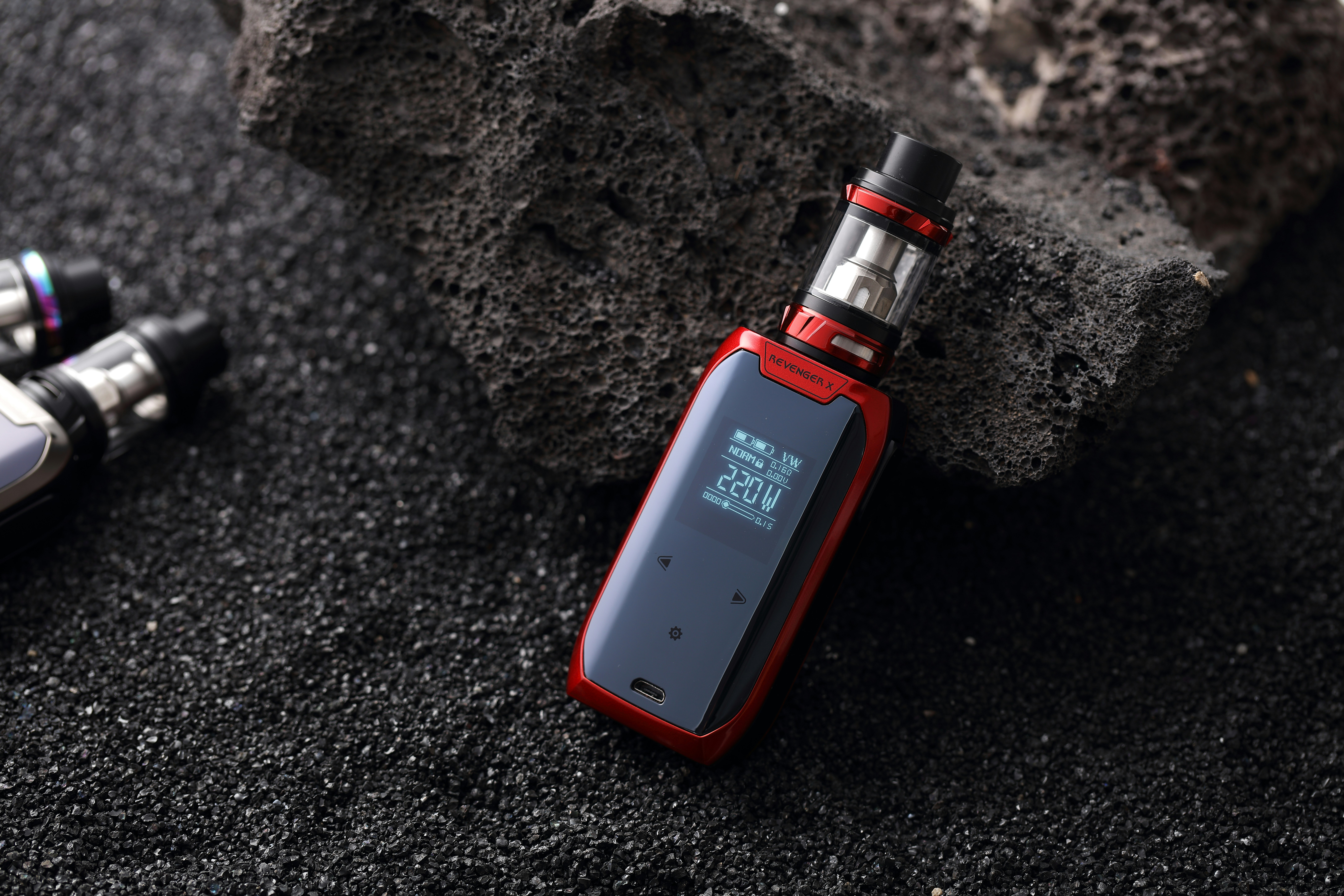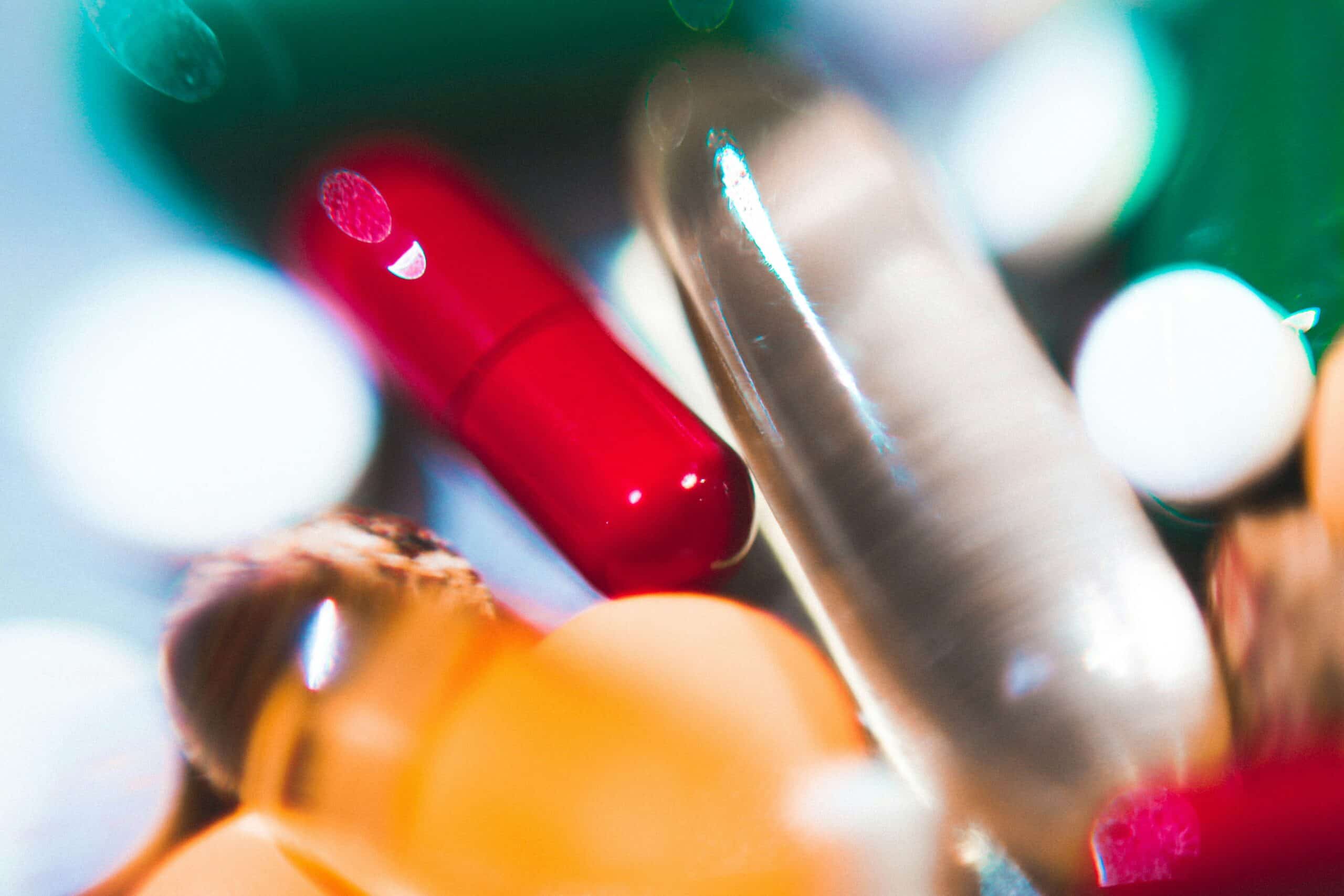Drug-induced psychosis is a condition where someone experiences a psychotic episode, such as hallucinations or delusions, as a result of drugs or medications they are taking. Psychotic episodes are a growing trend in America, especially among teens and young adults.
People can act unpredictably during a psychotic episode and cause harm to themselves or others. Therefore, it’s important to be aware of the possibility of a psychotic episode while taking certain drugs, so that you can seek the appropriate treatment.
Is Psychosis Common In The United States?
Drug-induced psychosis is a fairly common side effect of numerous medications and recreational drugs used in the United States. The more potent the drug is, the more likely it is to cause a psychotic episode.
For instance, 25% of all hospital admittances for psychosis are a result of drug use. Those who use certain drugs, such as methamphetamines and amphetamines, are at increased risk. For those who use these drugs, the percentage jumps upwards of 40% in terms of how many instances of psychosis are a result of drug use.
Reasons For Drug-Induced Psychosis
Drug-induced psychosis is much more common than most people realize. According to the National Alliance on Mental Illness, 3% of all people will experience drug-induced psychosis at least once in their lifetime.
Reasons for drug-induced psychosis vary depending on the type of drugs being used. With prescription medications, such as benzodiazepines and methamphetamines, the most common cause of psychosis is from taking too much of your prescribed medication. Prescription medication psychosis is also common when you take your medication longer than the doctor recommends.
Recreational drugs, such as heroin, cocaine, alcohol, and others, typically cause psychotic symptoms when people overuse them or use them for the first time. To better understand why these drugs cause psychosis, let’s look at how they affect the brain in 4 main steps;
- Recreational drugs can increase the amount of dopamine in the brain.
- Dopamine can then affect several parts of the brain, including the mesolimbic pathway.
- The sudden surge of dopamine to the mesolimbic pathway increases activity in that part of the brain.
- Finally excess mesolimbic activity can then cause delusions, hallucinations, and other forms of psychosis.
Additionally, some drugs, such as ecstasy, LSD, speed, crystal meth, and magic mushrooms, cause psychosis every time you use them.
Classes of Drugs That Can Cause Psychosis
There are many classes of drugs that can cause psychotic episodes, including those not typically prescribed for psychotic or mental illnesses. This phenomenon, known as nonpsychotic medication-induced psychosis, happens when drugs prescribed or pain, inflammation, sickness, and other physical ailments cause psychotic symptoms.
Common drugs that can cause substance-induced psychosis include:
- Analgesics
- Cocaine
- Heroin
- Opioids
- Methamphetamines
- Amphetamines
- Benzodiazepines
- Alcohol
- Marijuana
- Ketamine
- LSD
- PCP
- ACE Inhibitors
- Calcium Channel Blockers
- Antibiotics, Antivirals, and Antimalarials
- Muscle Relaxants
- Anabolic Steroids
- Antihistamines
- Barbiturates
The scary part about drugs that can cause psychotic symptoms is that long-term abuse isn’t necessary for them to cause psychotic symptoms. Psychotic episodes can happen after a single time of taking certain drugs that you aren’t used to or from taking too many at a time. You can also experience psychosis as a withdrawal symptom.
Common Psychosis Symptoms
Drug-induced psychotic episodes can vary wildly from person to person. Symptoms will also vary depending on what type of drug caused the psychosis and how much of the drug you consumed. In general, however, here are some of the most common symptoms of drug-induced psychosis:
- Delusions
- Paranoia
- Difficulty remembering things
- Impaired cognitive function
- Increased aggression
- Rapid and unexpected mood swings
- Depression
- Losing sense of time
- A misunderstanding of colors and the senses
- The inability to think clearly or to organize your thoughts
Marijuana and Depressant induced psychosis
- Delusions
- Seeing or hearing things that aren’t there
- Paranoia
- Difficulty remembering things
- Impaired cognitive function
- Increased aggression
- Fear
- Panic
Hallucinogen and dissociative-induced psychosis
- Increased aggression
- Rapid and unexpected mood swings
- Feelings of fear or panic
- Losing sense of time
- A misunderstanding of colors and the senses
- The inability to think clearly or to organize your thoughts
- Experiences that feel spiritual or otherworldly
- Paranoia
- Difficulty remembering things
- Impaired cognitive function
- Increased aggression
- Fear
- Panic
Common Medications That Can Cause Psychosis
Although prescription medications are given to you to prevent or heal a mental or physical problem, they can sometimes cause other dangerous side effects. The risk of experiencing a psychotic episode is one of these many potential issues.
It’s important to know if you’re taking a medication that can cause psychotic disorders or result in a single episode. That way, you can be on the lookout for psychotic symptoms and take appropriate action.
Medications For Parkinson’s Treatment
Because of how Parkinson’s affects the brain, medications prescribed to help with the condition can often lead to psychotic episodes. This happens because of the catecholaminergic or anticholinergic properties that the drugs possess.
Psychotic symptoms can range from nightmares and sleep terrors to hallucinations and personality changes. All antiparkinsonian medications have the potential to cause a single psychotic episode or a substance-induced psychotic disorder, depending on how severe a person’s condition is.
Medications For Heart Problems
Several cardiovascular medications also have the potential to cause psychosis. Digoxin, beta-adrenergic receptor blockers, ACE inhibitors, calcium channel blockers, and antiarrhythmic agents are among the most common.
Medications For Pain Relief
Opioids and other pain medications typically don’t cause psychotic symptoms when taken according to your prescription. However, you can become addicted to opioids or overdose on them, both of which can lead to psychotic episodes.
Other Prescription Medications to Watch Out For
In addition to these medications, other prescription medications that can induce psychosis include:
- Amphetamines, methamphetamines, and methylphenidate prescribed for ADHD and narcolepsy
- Barbiturates, antiepileptics, and benzodiazepines prescribed for anxiety and seizures
- Fluoroquinolones prescribed for UTIs, and upper respiratory infections
- Antimalarials, antibiotics, and antifungals to fight diseases
- Antidepressants and antipsychotics for mental disorders
- Corticosteroids to fight inflammation
Misusing prescription medications resulting in psychotic symptoms is extremely common in the United States. According to the Substance Abuse and Mental Health Services Association, nearly half of Americans have at least one prescription medication. Of that number, more than 6 million people reported misusing a prescription medication within the last month of when the study was taken in 2016.
How to Treat Drug-Induced Psychosis
Although they can be frightening and even dangerous, psychotic episodes are considered a symptom and not an illness. In most instances, psychotic episodes are fairly swift and pass on their own.
In other cases, such as psychotic episodes due to drug addiction, the episodes will be recurring, and the only way to stop them is to stop taking the drug. However, overcoming drug addiction is extremely difficult and often requires several forms of treatment, including cognitive behavioral therapy, medical detox, and ongoing support.
The trained professionals at Lakeview Health can help you through the detoxification process and provide ongoing therapy and support to ensure you enjoy a lasting recovery. Our holistic treatment process will help you overcome your addiction and put an end to unwanted psychotic episodes.
To get started with alcohol detox and treatment, reach out to Lakeview Health by filling out our online contact form or calling 866 704 7692 for more information.




